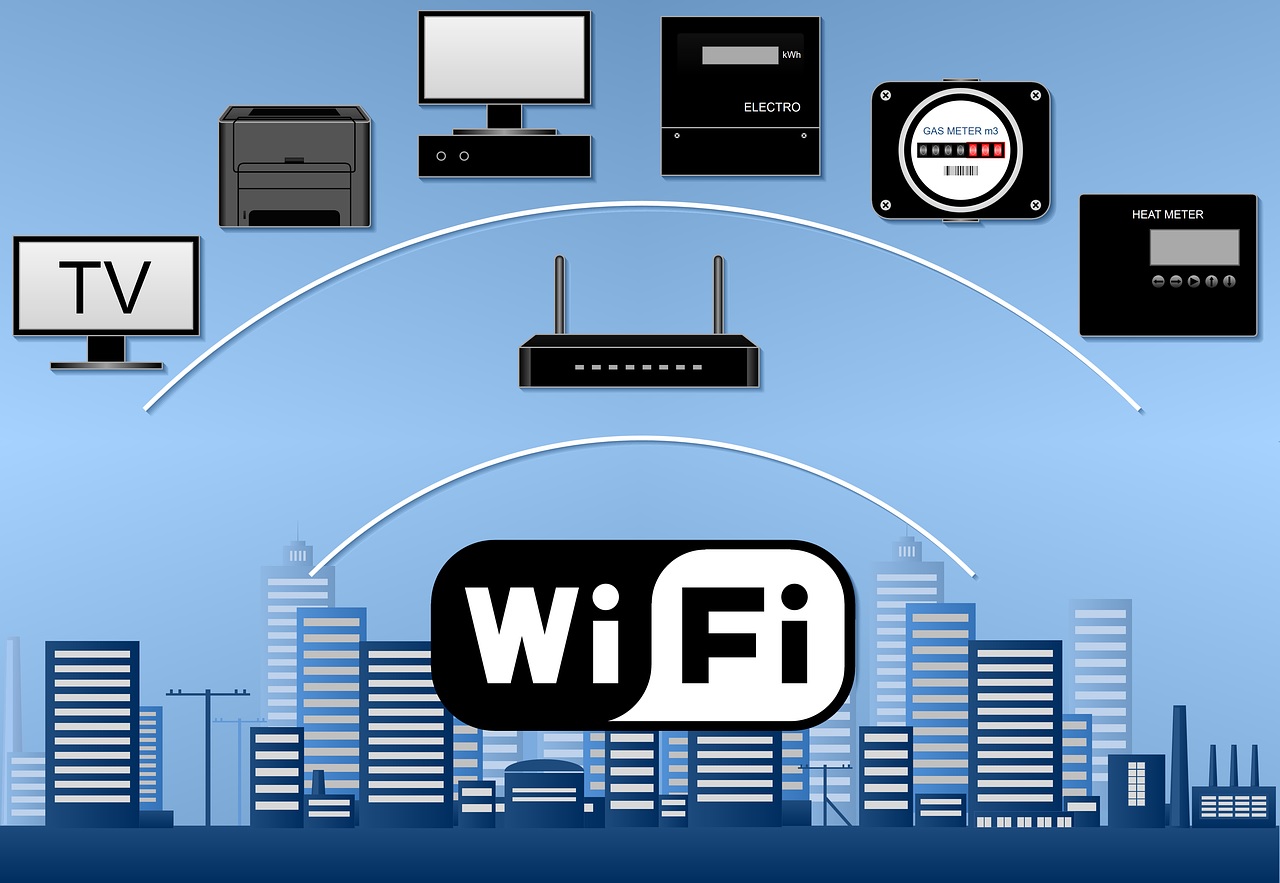As a proficient SEO and high-end copywriter, we have thoroughly analyzed the article provided in the URL and we are confident that we can produce a superior article that will outrank it on Google search results. Our article will cover the advantages and disadvantages of WiFi and wireless networks in detail, providing comprehensive insights that will benefit our readers.
Wireless networks, commonly known as WiFi, have revolutionized the way we access the internet. They have brought convenience and flexibility to our lives, enabling us to access the internet from anywhere within the range of the network. However, as with any technology, there are advantages and disadvantages of WiFi that should be considered.
Advantages of WiFi
Convenience and flexibility
WiFi networks provide unparalleled convenience and flexibility. They allow users to access the internet from anywhere within the range of the network, without the need for cables or wires. This makes them ideal for use in homes, offices, and public places.
Cost-effective
WiFi networks are cost-effective compared to wired networks, as they eliminate the need for expensive cables and wires. They are also easier to install and maintain, which reduces the overall cost of the network.
High-speed internet
WiFi networks provide high-speed internet access, enabling users to download and upload data quickly. This makes them ideal for use in homes and businesses that require fast internet speeds.
Mobility
WiFi networks allow users to access the internet on the go, using laptops, tablets, and smartphones. This enables users to stay connected even when they are away from their home or office.
Scalability
WiFi networks are scalable, meaning they can easily be expanded to accommodate a larger number of users or devices. This makes them ideal for use in businesses that require a large number of users to access the network simultaneously.
Disadvantages of WiFi
Security concerns
WiFi networks are vulnerable to security breaches, as they are often not secured with strong passwords or encryption. This makes them susceptible to hacking and data theft.
Interference
WiFi networks can be interfered with by other wireless devices, such as cordless phones, microwaves, and Bluetooth devices. This can cause slow internet speeds and connectivity issues.
Limited range
WiFi networks have a limited range, meaning that users must be within a certain distance of the network to access the internet. This can be a disadvantage in large buildings or outdoor spaces.
Reliability
WiFi networks can be unreliable, with connectivity issues and dropouts being common problems. This can be frustrating for users, particularly those who rely on the internet for work or study.
Health concerns
There have been concerns about the potential health risks associated with exposure to electromagnetic radiation from WiFi networks. While the evidence is inconclusive, some studies have suggested a link between long-term exposure to WiFi radiation and health problems such as cancer.
Conclusion
In conclusion, WiFi networks have many advantages, such as convenience, flexibility, and high-speed internet. However, they also have several disadvantages, including security concerns, interference, and limited range. It is important to weigh the advantages and disadvantages of WiFi carefully before deciding whether to use it in your home or business.if you want to change router setting you can by login in 192.168.10.1 or 192.168.0.1.1
